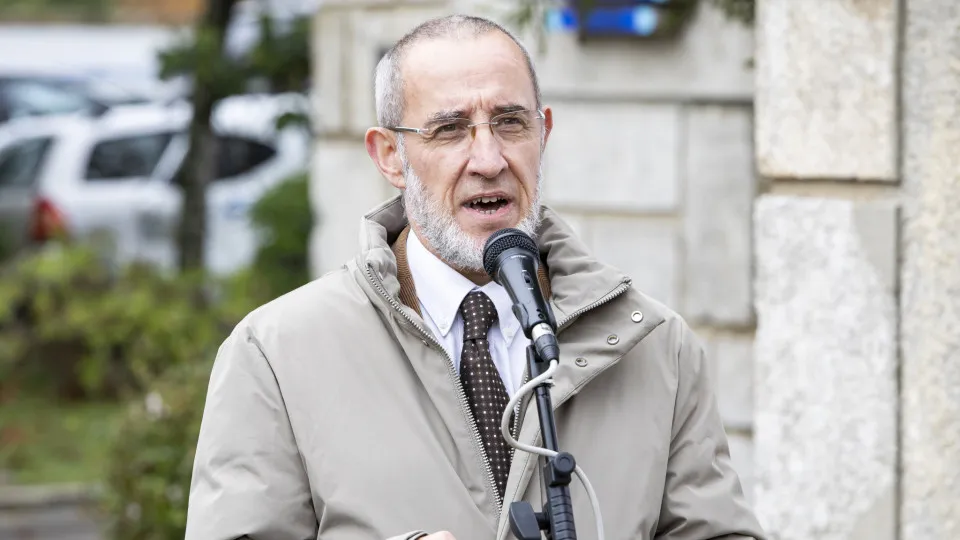
The Portuguese Communist Party (PCP) announced plans to introduce a legislative project aimed at extending shared maternity and paternity leave to 210 days, equating to seven months. This announcement was made by party deputy Alfredo Maia during a press conference at the Assembly of the Republic.
The proposal outlines that the mother’s parental leave would extend up to 180 days exclusively for her, while the father’s would cover a period of up to 30 days exclusively for him.
The text also stipulates that aside from the mandatory leave period for the father, which must coincide with the mother’s exclusive initial parental leave, the father’s initial leave can coincide wholly or partially with the defined period for the mother.
Another change proposed is the extension of daily breastfeeding or milk expression break to three hours, currently set at two, for up to two years of the child’s age. This would be extended in cases of siblings, whether twins or not.
This break could be divided into two 90-minute periods unless a different arrangement is agreed with the employer, provided it is more favorable to the worker. It would be taken by the mother in the case of breastfeeding, or by both parents, if they choose, for milk expression.
The PCP’s proposal also includes special leave provisions for premature babies or newborns who require hospitalization.
Alfredo Maia indicated that this legislative package would also encompass initiatives to extend the support period for children with chronic diseases, cancer, or injuries, as well as to increase the allowance in these situations to 100% of the salary reference value.
“There is also a proposal to reduce working hours for assistance to children with disabilities, cancer, or chronic illnesses,” he added.
When asked if these initiatives were a response to the Government’s preliminary draft labor legislation review, which includes several changes related to parental rights, Alfredo Maia responded that it was “the other way around.”
“It is not the PCP responding to the Government; it is the Government trying to respond to this demand and requirement dynamic. This urgency arises due to the worsening conditions for workers, particularly working mothers. Additionally, society is demanding a political agenda that effectively supports family-friendly and natality-friendly policies,” he argued.
Regarding possible support from the Socialist Party for these initiatives, Alfredo Maia remarked that “the Socialist Party will answer for itself,” and that the PCP is “not in the process of managing expectations.”
“We are essentially challenging other forces: either they support workers’ rights, working mothers, families’ rights, ultimately children’s rights, or they are against them. There is no middle ground,” he warned.




